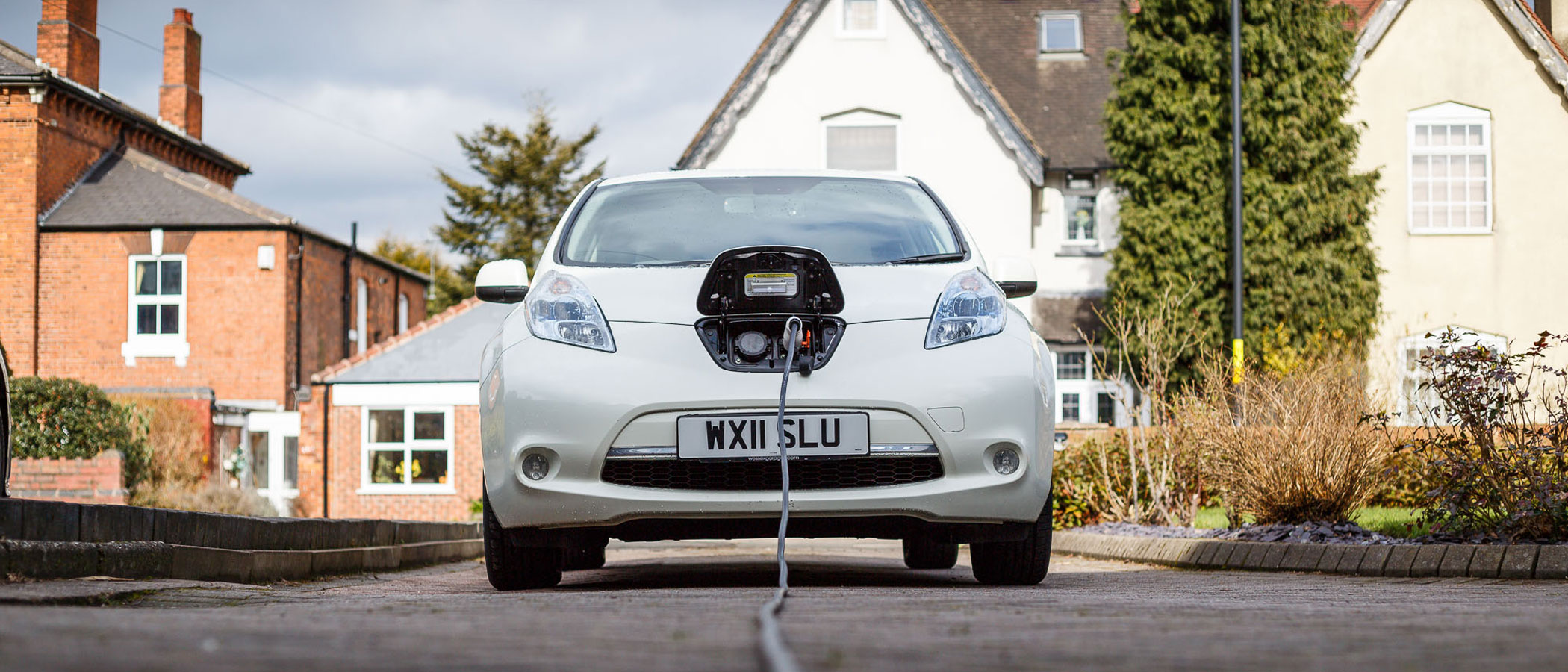Shop At Haya: Your Ultimate Shopping Guide
Discover the best shopping tips, trends, and deals for a smarter buying experience.
Watt's the Fuss About Electric Cars Anyway?
Uncover the buzz around electric cars! Discover myths, benefits, and what makes them a game-changer for the future of driving.
The Rise of Electric Cars: Revolutionizing the Auto Industry
The rise of electric cars is not just a trend but a significant shift that is revolutionizing the auto industry. With advancements in battery technology and growing environmental concerns, consumers are increasingly opting for electric vehicles (EVs) over traditional gasoline-powered cars. According to recent studies, EV sales have surged by over 40% in the past few years, making them a formidable force in the automotive market. Major manufacturers are investing billions in electric vehicle production, and many have pledged to transition to all-electric lineups within the next decade, underscoring the importance of this shift in strategy.
Furthermore, cities around the world are supporting this transition by developing infrastructure for electric cars, such as charging stations and incentives for EV buyers. Governments are implementing policies that not only promote sustainability but also aim to reduce carbon emissions significantly. As a result, electric vehicles are becoming more accessible and affordable, making the idea of going electric appealing for a wider audience. This revolution is fundamentally altering the landscape of the automotive industry, encouraging innovation and competition, thereby paving the way for a greener future.

What Are the Environmental Benefits of Driving an Electric Vehicle?
Driving an electric vehicle (EV) offers numerous environmental benefits that contribute to a healthier planet. One of the most significant advantages is the reduction of greenhouse gas emissions. Unlike traditional gasoline-powered cars, which emit carbon dioxide and other harmful pollutants, EVs operate with zero tailpipe emissions. This not only helps to combat climate change but also improves air quality, especially in urban areas where vehicle congestion is prevalent. Additionally, the shift to electric vehicles supports renewable energy integration, as many EV owners charge their vehicles using solar, wind, or other sustainable power sources.
Another notable benefit of driving an electric vehicle is the decrease in dependency on fossil fuels. As the demand for electric vehicles rises, there is a growing incentive to develop cleaner energy infrastructure, which can lead to enhanced energy efficiency and sustainability. Moreover, EVs tend to have lower operating costs and less wear on road infrastructure, contributing to longer-lasting public transportation systems. This transition, combined with the increasing availability of recycling programs for EV batteries, highlights the importance of electric vehicles in promoting a more sustainable and eco-friendly future.
Are Electric Cars Really More Cost-Effective in the Long Run?
When considering whether electric cars are truly more cost-effective in the long run, one must evaluate both the initial investment and the substantial savings over time. While the up-front cost of an electric vehicle (EV) can be higher than a traditional gas-powered car, many buyers can benefit from government incentives and tax rebates that make these vehicles more accessible. Additionally, the operating costs for EVs are typically much lower, as they dodge fluctuating fuel prices and can be charged at home for a fraction of the cost. For instance, the expense associated with electricity can be significantly less than the cost of gasoline, especially if you utilize smart charging during off-peak hours.
Furthermore, maintenance costs for electric cars tend to be lower than their gasoline counterparts. EVs have fewer moving parts, which translates to fewer repairs and less frequent maintenance. A recent analysis suggests that owners could save up to 50% on maintenance compared to traditional vehicles. Additionally, it's essential to consider depreciation rates; while electric cars historically faced steeper depreciation, the growing popularity and advancements in technology are shifting this trend. Ultimately, with rising fuel prices and increasing environmental concerns, more people are recognizing that electric cars can indeed be a wise financial choice for the future.